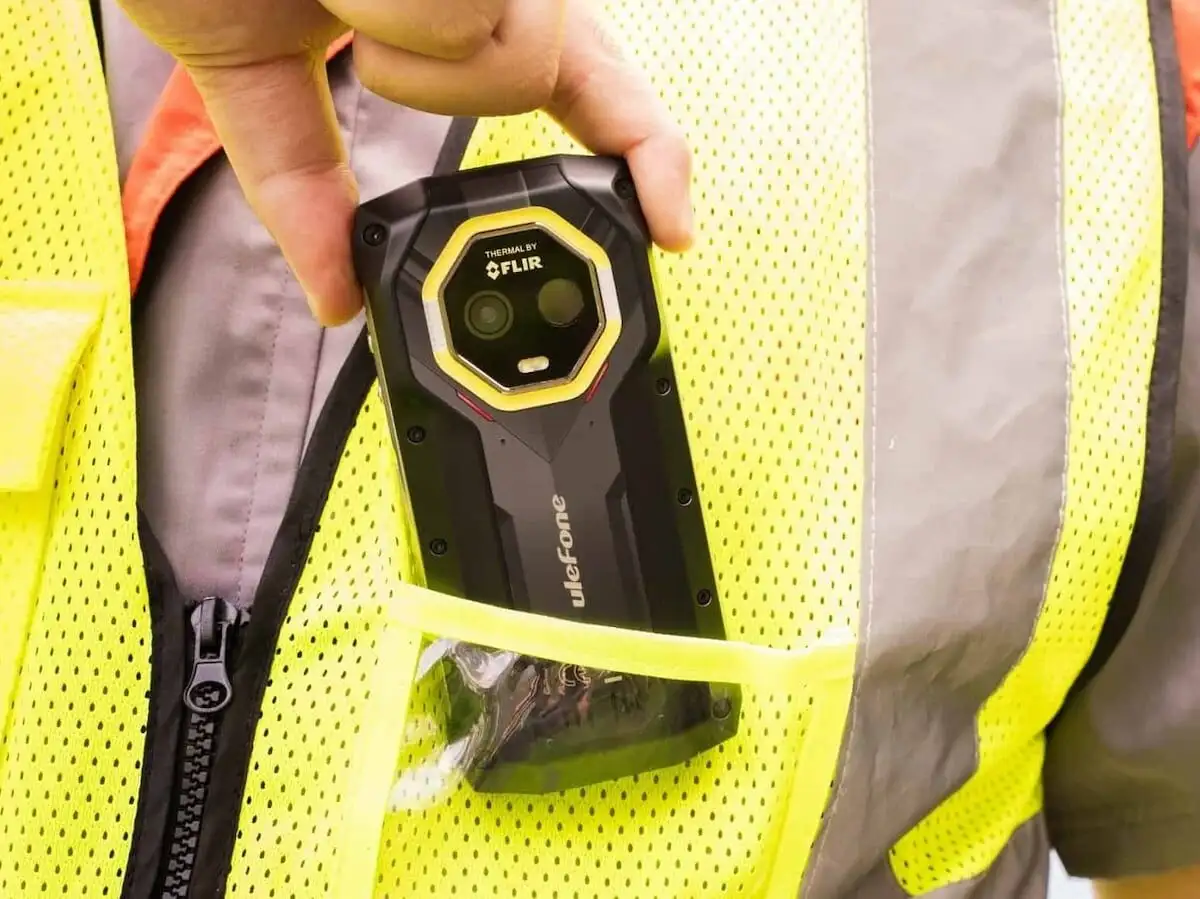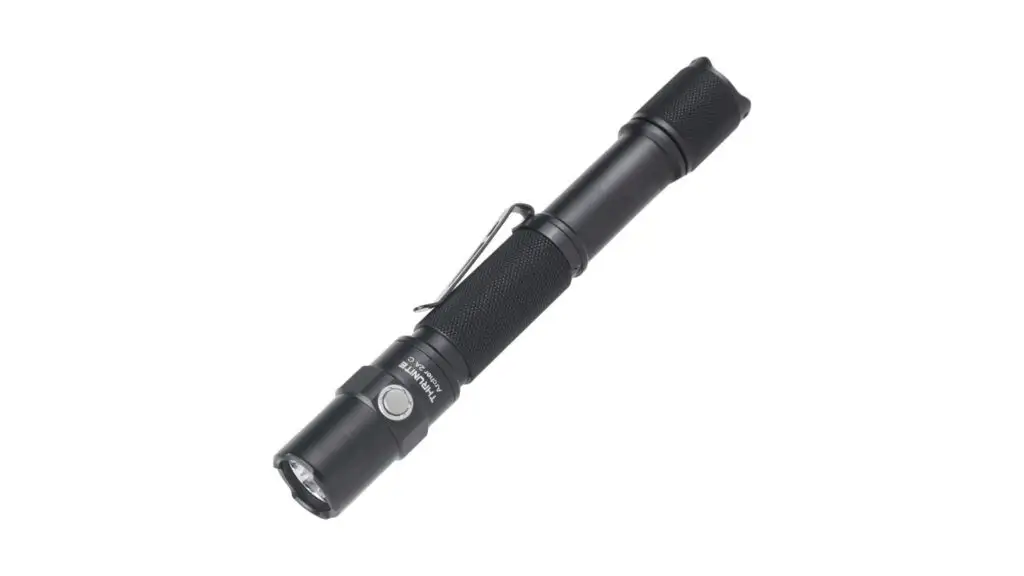The hum/buzz noise from computer speakers is generally caused by the cable being too close to other cables or electronic equipment that interfere with the signal (60hz). Another reason is from poor grounding which basically excess electricity has no way to go so it enters other electronic components, including speakers, and producing unexpected noise (120hz).
This problem is so common, in fact, people are coming up with different solutions based on their unique circumstances. Albeit of that, here we have several options that most likely could fix the humming & buzzing noise. Even better, having technical knowledge about electricity isn’t required in these particular methods.
So, what are they and what you need to do? Check out the list below!
#1 It best to keep the audio cable away from other cables to prevent interference
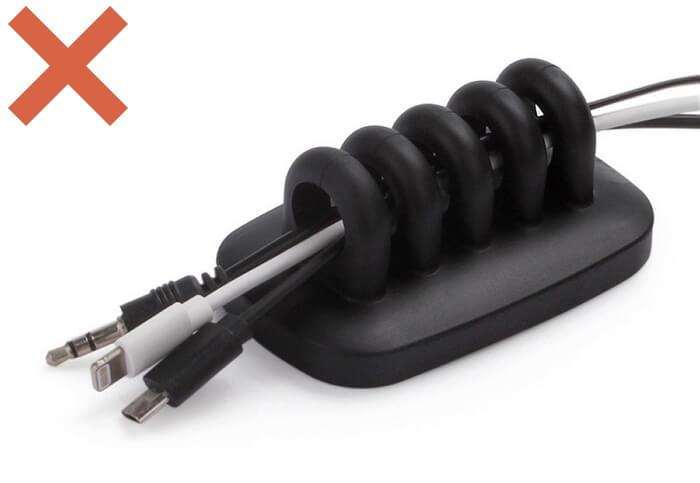
Many PC users prefer to group cables together to make them look nice and organized. While in general, it won’t cause any harm, speaker cables might be the exception. As mentioned before, being in close proximity to other cables may introduce signal interference and generating constant noise from the speakers.
But, how close is too close?
While there’s no specific rule on how to avoid signal interference, it best to keep them separated several inches away. If you still hear the noise, try to move them farther. In addition, a combination of zip ties and cable clips ensure the cables stick to their place and won’t accidentally getting close over time.
#2 Make sure all sound components are connected properly, including audio jack
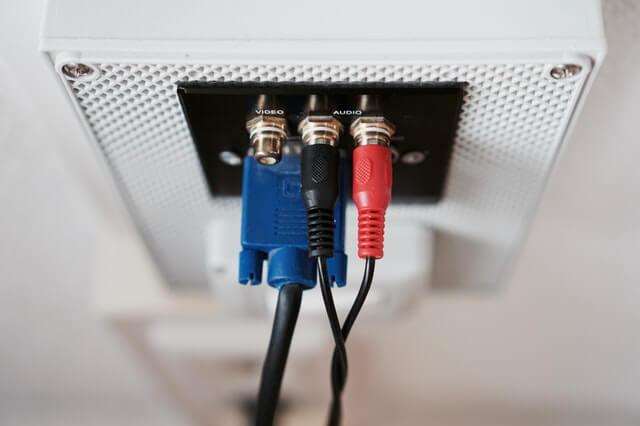
I’m not saying you did not plug in the audio jack correctly, but many computers suffer from loose audio ports or slightly damaged components due to wear and tear. This causes improper contact between the plug and the port, which normally results in static noise.
Try to plug the jack deeper or a little shallow and perhaps wiggle it a bit to see if the noise problem can be solved. If the speakers connect via USB, such as for power, make sure to check on it too.
#3 Connect your PC to a grounded outlet so the excess electricity has a way to go
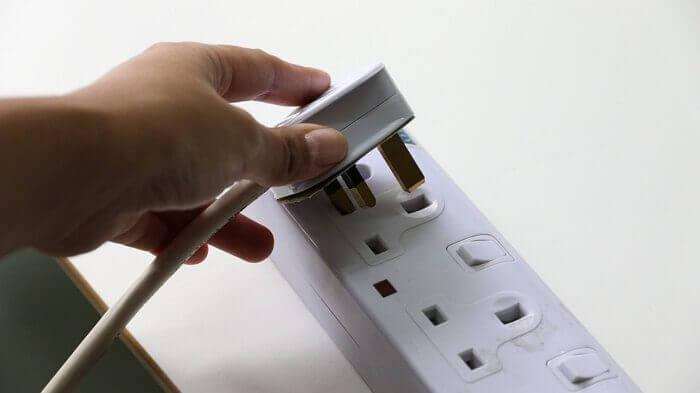
Electronic plugs with only two prongs (ungrounded) have one unique problem; they are causing ground loops to electronic devices, notably speakers. Meanwhile, electronic plugs with three prongs (grounded) utilize one of its prongs to direct excess power safely to the earth.
See if your PC connected to an ungrounded outlet and when possible, try to switch to the grounded one. This one may not be attainable in some regions since while many countries use three prongs, the rest has two prongs. Don’t even try to use two prongs to three prongs adapter — it won’t work. It’s not an interface problem, but an electrical system.
#4 Ferrite beads could reduce the interference
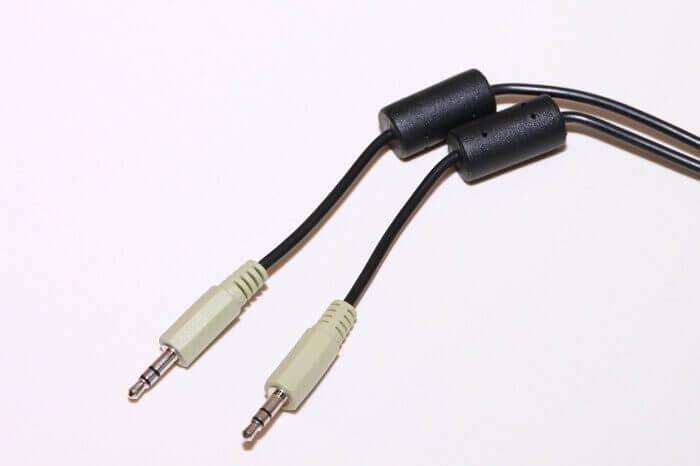
Ferrite beads can be attached to the speaker cord and it works by filtering high-frequency energy that passes through it. The solution is widely used in many electronic devices that you used every day but might didn’t noticed it. This is perfect if you want to keep the speakers’ cable in close proximity to other cables and electronic equipment.
Sometimes it does not entirely eliminate the interference but doing just enough to make the noise barely apparent by human ears. Just to be clear, this is not a substitution if the main cause was from the ground loop.
#5 Use a ground loop noise isolator
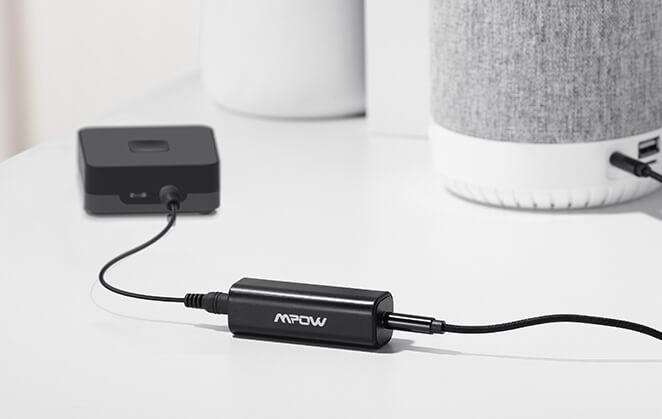
A ground loop noise isolator fixes a noise problem caused by PSU that has no way to direct its excess electricity, thus sending it to the speakers. It intermediates the speakers from your PC and reducing or even completely correcting the electric signal that coming to the speakers.
In so many situations, a ground loop isolator could be your best bet to eliminate the unwelcomed noise. It’s an extremely popular device to improve sound quality and experience among music studios. It may also fix the noise issue from the car speaker, assuming there’s no extra interference introduced after the signal corrected.
Most ground loop isolators cost around $10 each and offer basically the same level of features. However, some may offer slightly better noise reduction than others, though you may not be able to notice normally.
In the end, these are just common ways to eliminate buzzing sound. There are millions of other causes that need different troubleshooting tips. You may need more than just ferrite beads and a ground loop isolator. Please reach out to professionals if none of the solutions in this article, or the rest of the internet, helps you.
Anyway, I hope you learned some valuable insights from this article. Thank you for reading.


